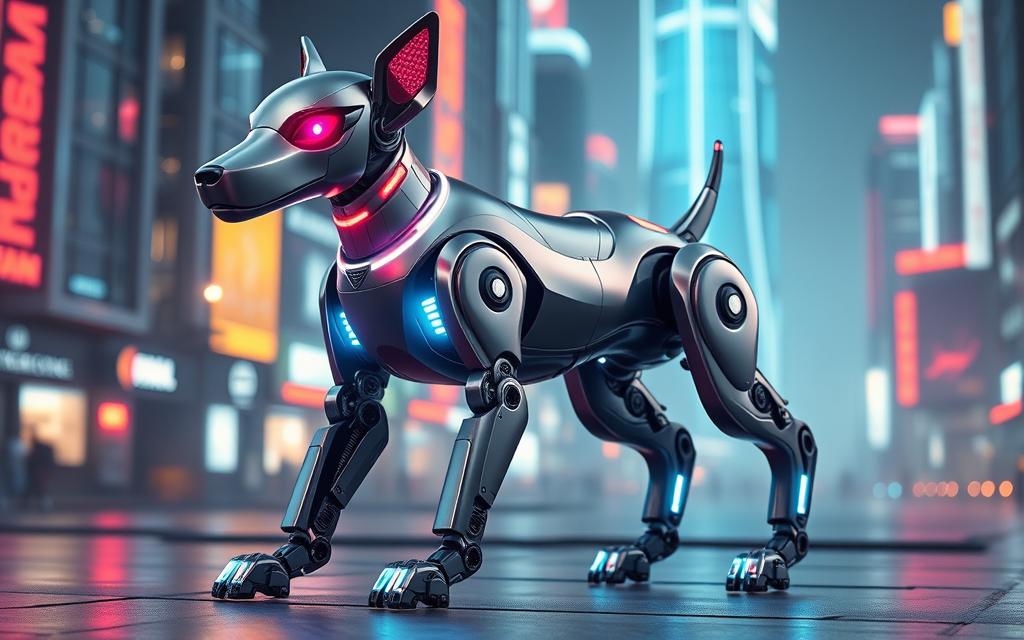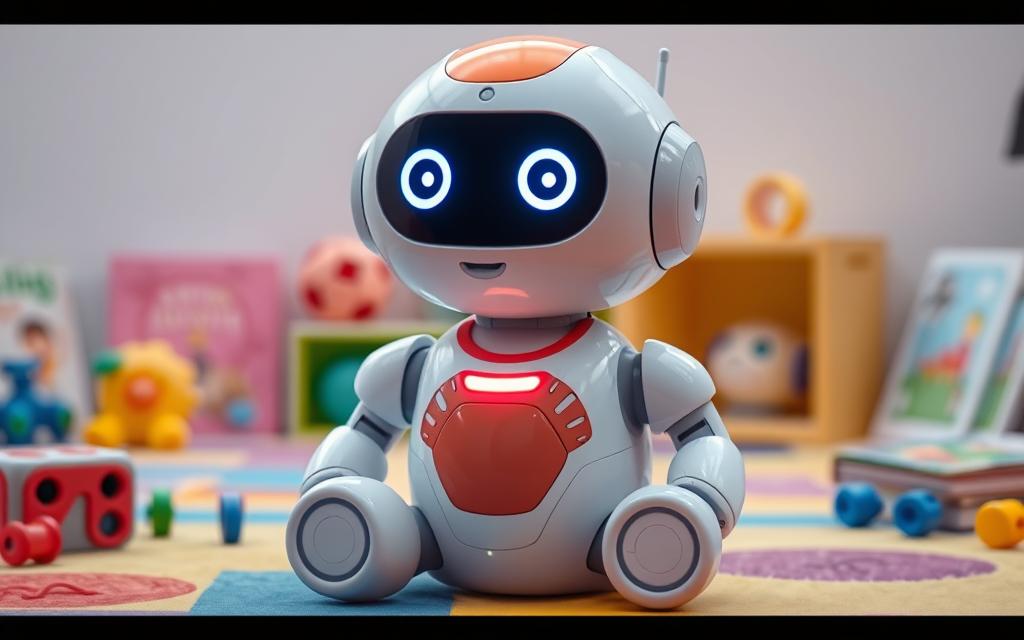In the dynamic realm of social media, staying relevant and engaging is crucial. As we navigate through 2023, Artificial Intelligence (AI) is not just a buzzword but a revolutionary force in content creation. AI-driven tools are transforming social media management by automating content generation, enhancing creativity, and ensuring consistent engagement with audiences. This article delves into the burgeoning world of AI social media content generators, exploring their capabilities, benefits, and the top tools that are redefining the landscape of digital marketing.
Part 1. Understanding AI-Powered Social Media Content Creation
AI in social media content generation involves using algorithms and machine learning to create, optimize, and personalize content. From drafting text posts to designing visuals, AI tools can handle a variety of content creation tasks, making the process more efficient and creative.
The Role of AI in Content Creation
- Automated Content Generation: AI tools can produce diverse types of content, including blog posts, social media updates, and web pages, quickly and efficiently.
- Enhanced Creativity: By analyzing data and trends, AI can suggest content ideas that might not be immediately apparent to human creators.
- Personalization at Scale: AI excels in tailoring content to specific audience segments, thereby enhancing engagement and reach.
- Efficient Workflow: AI tools streamline the content creation process, from ideation to publishing, saving valuable time and resources.
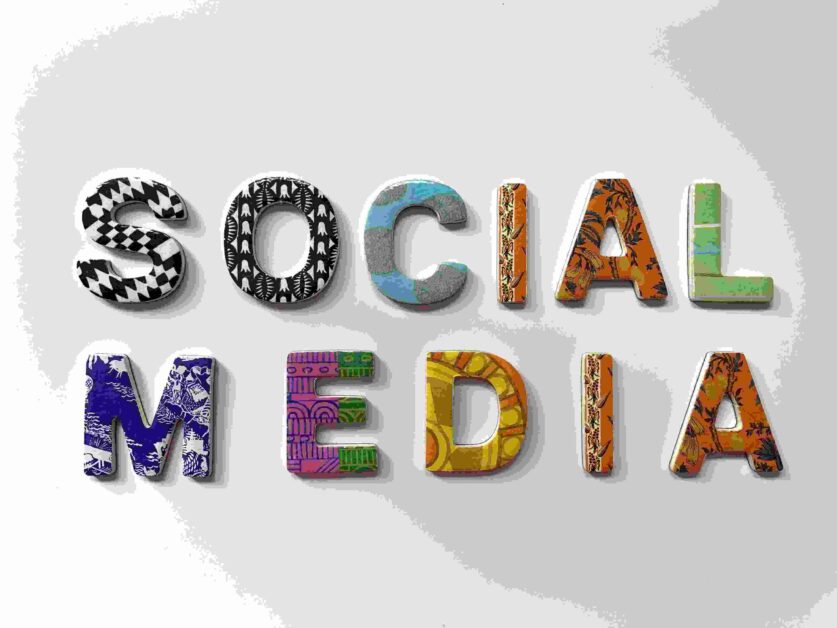
Part 2. Top AI Social Media Content Creation Tools of 2023
The landscape of AI social media content creation tools is diverse, each offering unique features, advantages, and limitations. Here’s an extended look at some of the leading tools of 2023, with a focus on their capabilities, pros, and cons.
| Tool | Key Feature | Best For | Pros | Cons |
|---|---|---|---|---|
| Publer | Scheduling and Automation | Content Planning | User-friendly; Bulk Scheduling | Limited in generation capabilities |
| ChatGPT | NLP-based Content Generation | Rapid Content Creation | Versatile; Wide content range | Requires human editing |
| Jasper | Text and Visual Content Creation | Comprehensive Content Creation | Innovative Art feature; Templates | Can be overwhelming; Costly |
| Murf | AI Voice Generation | Audio Content | Natural voiceovers; Language support | Focused on audio only |
| Frase | SEO Optimization | Long-form Content | SEO-focused; Customizable templates | Not ideal for quick posts |
| Ocoya | All-in-One Content Suite | Comprehensive Content Management | Integrates with other services; Team collaboration | Overwhelming for solo users |
| GrowthBar | SEO and Competitor Analysis | Content Strategy | Competitive analysis; SEO tools | More marketing-focused |
1. Publer
- Features: Publer stands out for its comprehensive scheduling and automation capabilities across multiple social media platforms. It offers advanced post-customization, including text formatting and preview options, and allows scheduling up to 500 posts.
- Pros: Excellent for strategizing and planning content across various platforms; user-friendly interface; great for bulk scheduling.
- Cons: Limited in content generation capabilities; primarily a scheduling tool.
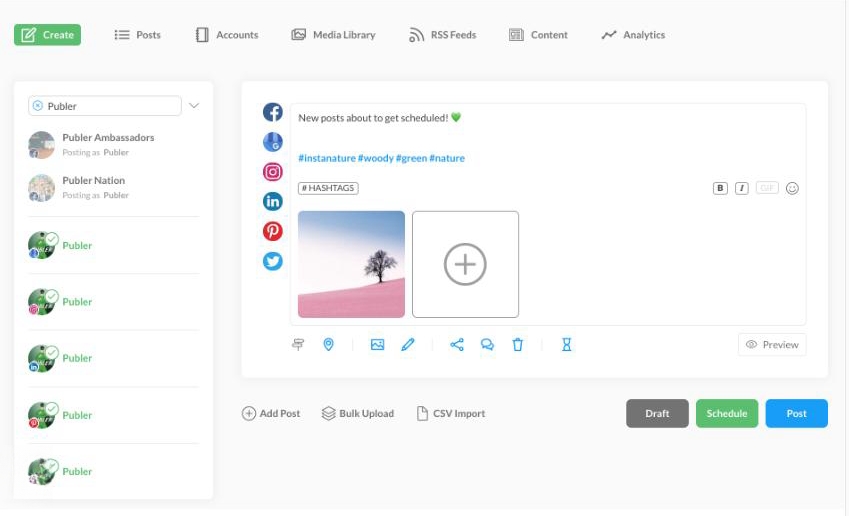
2. ChatGPT
- Features: Known for its powerful NLP algorithms, ChatGPT can swiftly generate diverse types of content, from tweets to detailed articles. It’s also fine-tuned for specific use cases like marketing, making it a versatile choice.
- Pros: Highly versatile in content generation; can handle a wide range of content styles; good for rapid content creation.
- Cons: Content may sometimes require human editing for nuance and brand alignment; lacks visual content creation features.
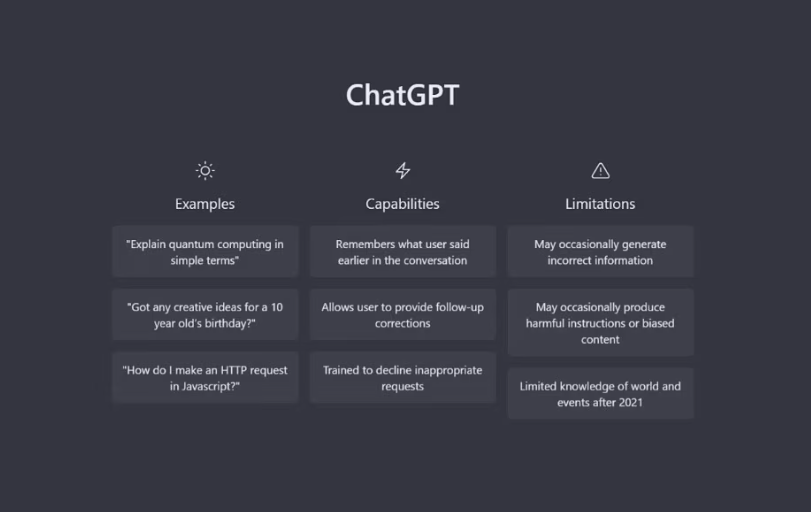
3. Jasper
- Features: Jasper excels in text generation and is renowned for its Jasper Art feature for visual content. It offers a variety of professional templates and creative tools.
- Pros: Comprehensive text and visual content creation; innovative art feature; wide range of templates.
- Cons: Can be overwhelming for beginners due to its extensive features; premium features come at a higher cost.
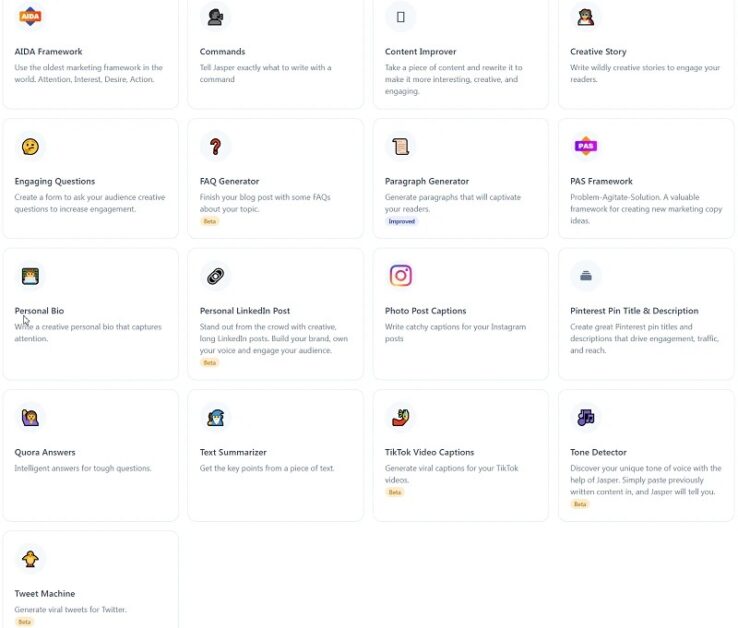
4. Murf
- Features: Murf is an AI voice generator tool ideal for creating voiceovers for social media content. It offers over 120 voices in 20 languages and allows syncing with images and videos.
- Pros: Wide range of voice options; multi-language support; natural-sounding voiceovers.
- Cons: Primarily focused on audio content; may require additional tools for complete content creation.
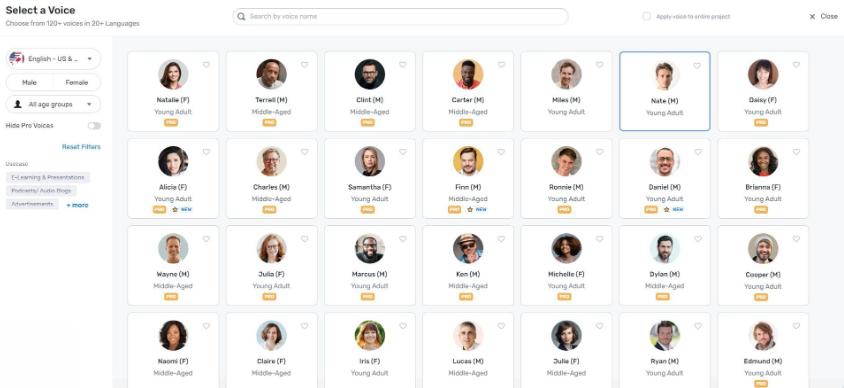
5. Frase
- Features: Specializing in SEO, Frase helps in researching, writing, and optimizing content. It’s tailored for content planning based on search engine data.
- Pros: Strong focus on SEO optimization; useful for web and social media content; customizable brief templates.
- Cons: More suited for long-form content; may not be ideal for quick, casual social media posts.
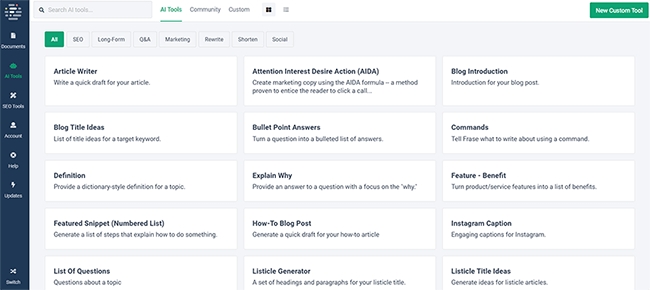
6. Ocoya
- Features: Ocoya provides a comprehensive suite for content creation, including writing, scheduling, and performance analysis. It integrates with services like Canva for enhanced visual content creation.
- Pros: All-in-one platform for content creation and management; great for team collaboration; integrates well with other services.
- Cons: Might be overwhelming for solo users or small-scale content creators; some features may require a learning curve.
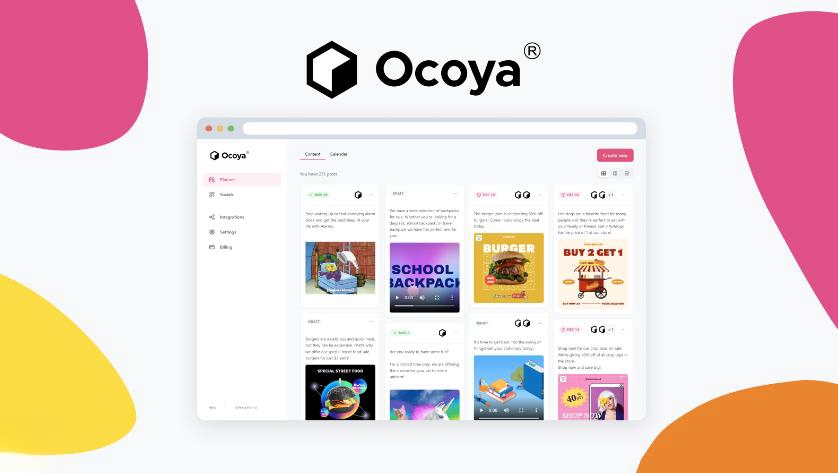
7. GrowthBar
- Features: GrowthBar excels in SEO and competitor analysis, providing tools for content creation and understanding competitive strategies.
- Pros: Strong in competitive analysis and keyword research; helpful in strategizing content; user-friendly interface.
- Cons: More focused on SEO and less on creative content generation; primarily a tool for marketers.
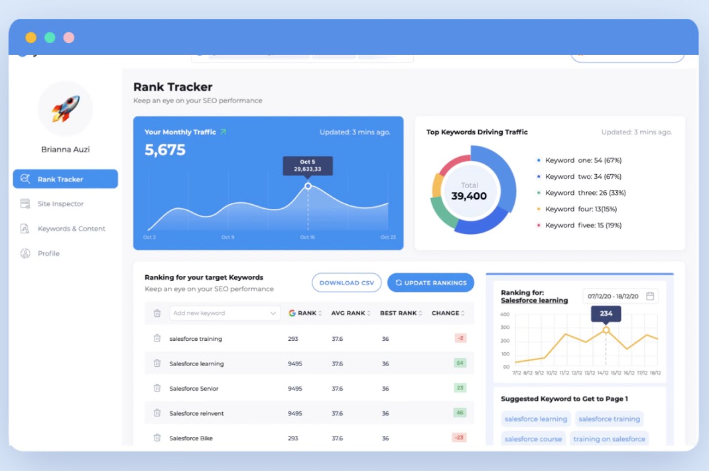
Each of these tools offers distinct advantages depending on the specific needs of your social media strategy. The choice ultimately depends on whether you prioritize rapid content generation, visual creativity, SEO optimization, or comprehensive content management.
Part 3. The Process of AI-Driven Content Creation
The AI-driven content creation process, particularly for social media, involves a series of steps that harness the capabilities of AI to produce engaging and relevant content. This process, leveraging AI social media content generators and AI for content creation, can be broken down into detailed phases:
- Initial Setup and Data Integration: The first step involves setting up the AI tool and integrating it with existing data. This could include historical social media posts, audience engagement data, and any other relevant brand material. The AI tool uses this data to understand the brand voice, audience demographics, and content preferences.
- Training the AI System: This is a crucial phase where the AI social media content generator is trained using machine learning algorithms. The training involves feeding the AI with examples of past successful content, brand guidelines, and specific objectives. The goal here is to enable the AI to produce content that aligns with the brand’s tone and appeals to its target audience.
- Generating Content with AI: Once trained, the AI tool starts generating content based on given prompts. This is where the AI for content creation demonstrates its prowess by utilizing Natural Language Processing (NLP) to understand the context and Natural Language Generation (NLG) to create readable and engaging content. The content generated can range from social media posts and blog articles to creative visuals and video scripts.
- Review and Optimization: AI-generated content is not always perfect. This step involves human intervention to review the content for accuracy, brand alignment, and overall quality. Editors and marketers can make necessary tweaks to ensure the content meets the desired standards.
- Analytics and Learning: Post-publication, AI tools can analyze the performance of the content in terms of engagement, reach, and conversion. This data is then fed back into the AI system, allowing it to learn and improve its content generation for future campaigns.
By following these steps, AI social media content generators and AI tools for content creation can significantly streamline the content creation process, making it more efficient and aligned with the brand’s goals and audience expectations. This process not only saves time but also ensures a consistent and high-quality content output.
Parrt 4. Why Embrace AI in Social Media Content Creation?
Embracing AI in social media content creation offers a multitude of benefits, making AI social media content generators and AI tools for content creation indispensable assets for marketers and creators. Here’s an expanded insight into their importance:
- Enhanced Productivity: AI significantly speeds up the content creation process. By automating routine tasks, AI allows creators to focus on more strategic aspects of social media management, like audience engagement and brand building.
- Data-Driven Insights: AI tools analyze vast amounts of data to glean insights about audience preferences, content trends, and engagement patterns. This capability ensures that the content created is not only data-informed but also more likely to resonate with the target audience.
- Consistency in Quality and Brand Voice: AI for content creation helps maintain a consistent brand voice across all posts and platforms. It can adapt the tone and style of content to fit different social media channels while ensuring the overall messaging remains on-brand.
- Scalability: AI tools can generate a large volume of content quickly and efficiently. This scalability is essential for brands looking to maintain a robust online presence across multiple social media platforms.
- Personalization: AI’s ability to segment audiences and tailor content accordingly means that each piece of content can be optimized for maximum relevance and engagement.
Part 5. Insight: The Future of AI in Social Media Content Creation
As we look towards the future, the role of AI in social media content creation is set to become more integral and sophisticated. AI social media content generators and AI for content creation are evolving rapidly, and here’s what we can anticipate:
- Advanced Personalization and Segmentation: Future AI tools will likely offer even more nuanced audience segmentation and personalization capabilities. This means content will be more targeted, relevant, and engaging for various audience subgroups.
- Integration of Augmented Reality (AR) and Virtual Reality (VR): As AR and VR technologies advance, AI will play a crucial role in integrating these technologies into social media content, offering immersive and interactive experiences for users.
- AI-Driven Interactive Content: We can expect a rise in interactive content powered by AI. This includes content that adapts based on user interaction, providing a more engaging and personalized experience.
- Enhanced Predictive Analytics: AI will become better at predicting trends and user behaviors, allowing brands to stay ahead of the curve in their content strategies. This predictive power of AI will enable proactive content creation rather than reactive.
- Ethical AI and Responsible Content Creation: As AI becomes more pervasive, there will be a greater focus on ethical AI practices. This means AI tools will be developed and used in ways that are transparent, fair, and respectful of user privacy.
The future of AI in social media content creation is not just about technological advancements but also about creating a more engaging, ethical, and user-centric content landscape.
Conclusion
The fusion of AI in social media content creation marks a new era in digital marketing. As we embrace these technologies, the potential for innovative, efficient, and engaging content creation is limitless. Whether it’s generating text, crafting visuals, or analyzing data, AI tools are becoming indispensable for marketers aiming to stay ahead in the competitive social media landscape. As we continue to explore and harness these tools, the future of social media content looks not only bright but also smarter and more connected.




